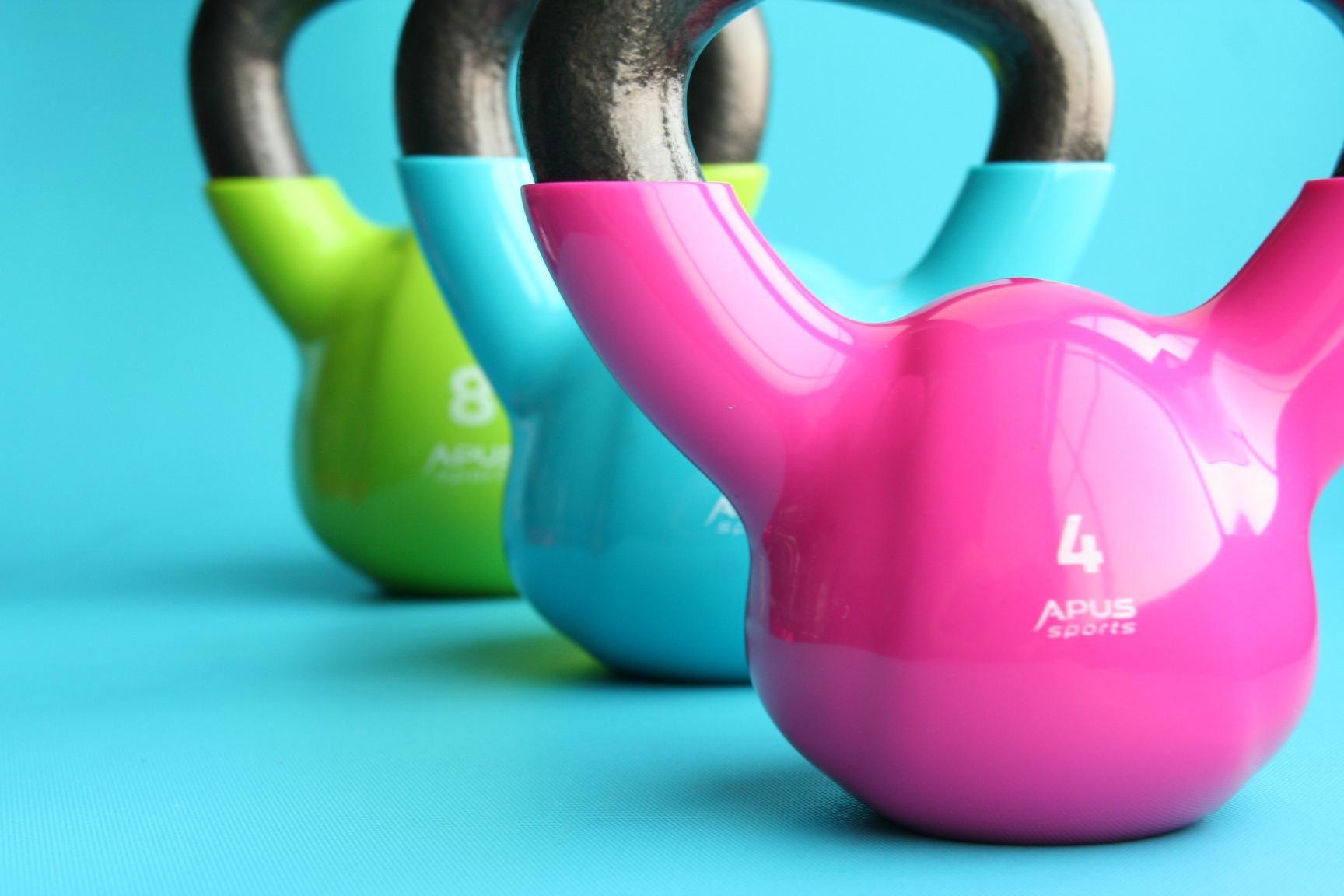
A serious addiction changes underlying brain circuits. These changes are permanent, even after withdrawal. Your brain keeps craving for that reward, for alcohol. That craving is called ‘craving’. This increases the chance of a drop in alcohol consumption. This happens sooner when you get to the environment where you often drank, for example a café. Your brain ‘recognizes’ the situation and craves what you always did in the cafe: drinking alcohol. A visit to https://couplesrehabs.org makes the whole thing helpful now.
Risk factors alcohol addiction
There are several risk factors that influence the development or maintenance of an alcohol addiction:
Genes: 40% -60% of the risk is determined by genetic influences. People with an addicted father or mother are three to four times more likely to have an alcohol use disorder. Alcohol addiction is therefore genetically determined in part. That doesn’t mean you can’t help it. When you have a talent for developing an alcohol addiction, it is important to pay extra attention to yourself, and not to drink or only to a limited extent. The Couples rehab is the best choice here.
Your sensitivity to alcohol is also genetically determined: some people need more alcohol to get the same effect than others.
Socio-cultural factors
- For example: people from your environment drink too much, so you will do it too.
- Due to an addiction, brain circuits change permanently, even after rehab. As a result, a sense of craving always remains in the background, which increases the risk of relapse.
- The presence of withdrawal symptoms. You want to continue because otherwise you get withdrawal symptoms (nausea, headache).
Treatment of alcohol addiction
Stopping using alcohol is not easy, certainly not if you have used a lot and for a long time. This is also because your brain circuits have changed permanently, so that the desire for alcohol is also permanent. Yet many people manage to quit. A psychologist can motivate, inform and help you change your behavior. There are ample options for couples rehabs now.
Different treatments are possible depending on the severity of the addiction. Many psychologists use cognitive behavioral therapy to support people with an addiction. In this form of therapy, a psychologist looks at your thinking patterns (cognition) and behavior. What happens to you before you take a beer? Through insight you try to change together with your psychologist. There are also more intensive treatments, such as day treatments or admissions to an addiction clinic. Together with your psychologist you determine the best path to recovery.
Medication can also be used. These medicines give very unpleasant side effects if you drink after all: nausea, vomiting and headache. Because the medication accumulates a toxic substance in your body, you get sick. The active substance in these agents is called disulfiram. It is known as refusal and antabus. Other agents are Acamprosate and Naltrexone, which reduce your craving for alcohol. Benzodiazepines can also be used that reduce withdrawal withdrawal symptoms. You need to choose the best drug rehab for couples now.
Tips for alcohol addiction
Tips for when you want to stop drinking:
Write down how much you drink and at what times. This gives you insight into how much you actually drink in a day
Recognize that you have an alcohol problem
- Organize a helpline. Ask friends or family members if you can call or app them if you have a hard time
- Make a schedule; what can you drink on which day? Stick to your schedule and complete it
- Avoid places that fuel your desire for alcohol
- Ask friends, colleagues and family members if they no longer want to offer you drinks
- Seek psychological help. The psychologist can possibly refer you if a admission is required
- Tips for loved ones
- Recognize that your neighbor has an alcohol problem
- Make this negotiable at a time when he / she is sober
Does not sustain the addiction
Do not offer drinks, do not lend money, and do not accept behavior that sustains the addiction, such as lying.



